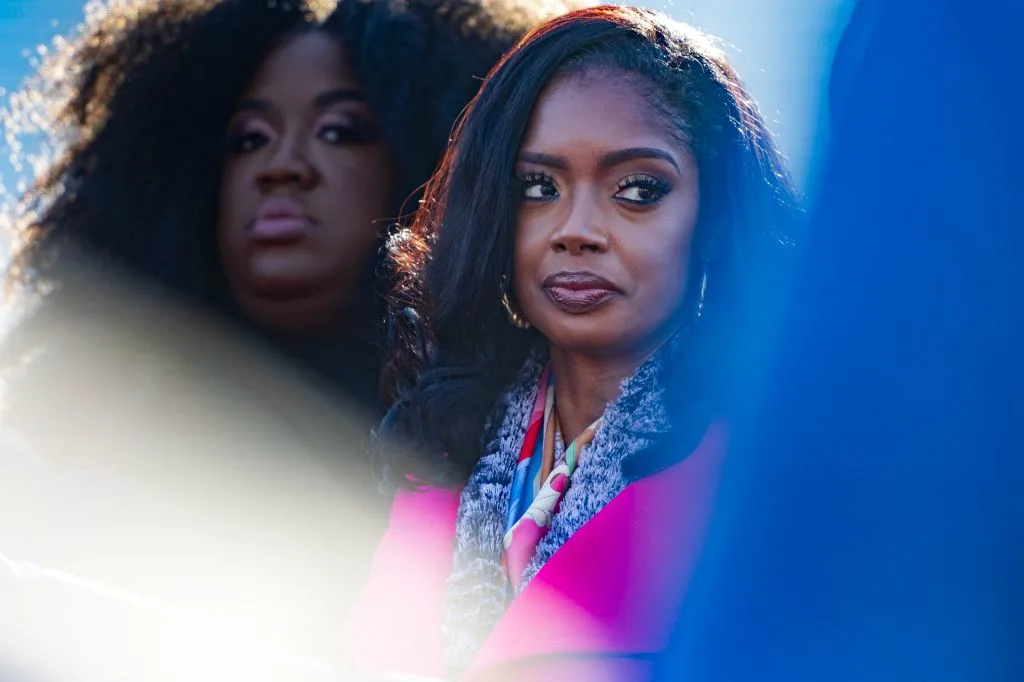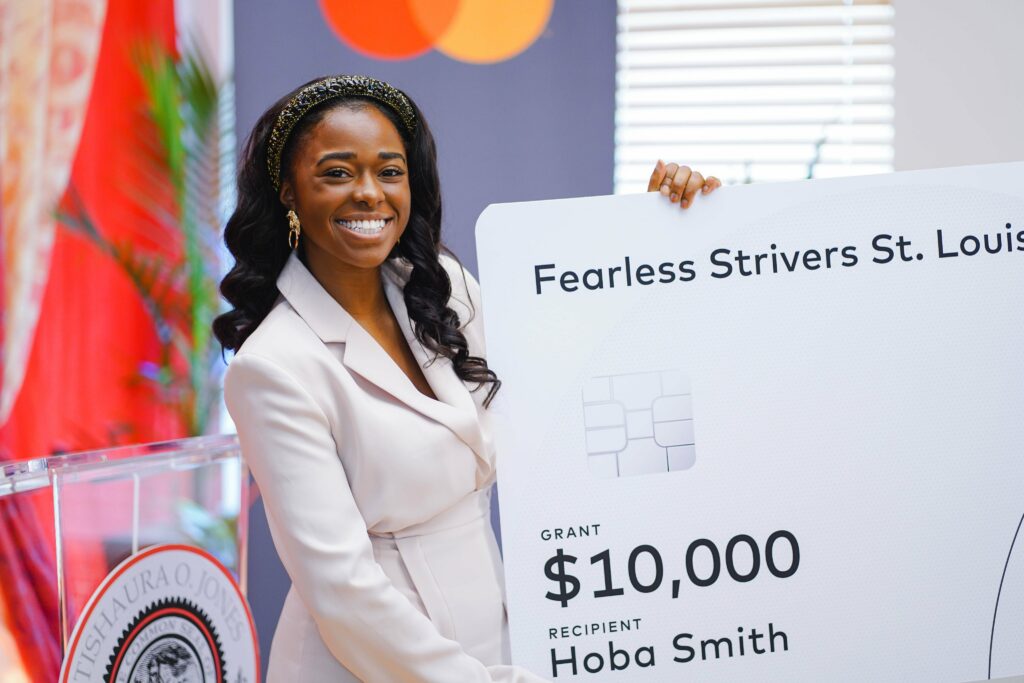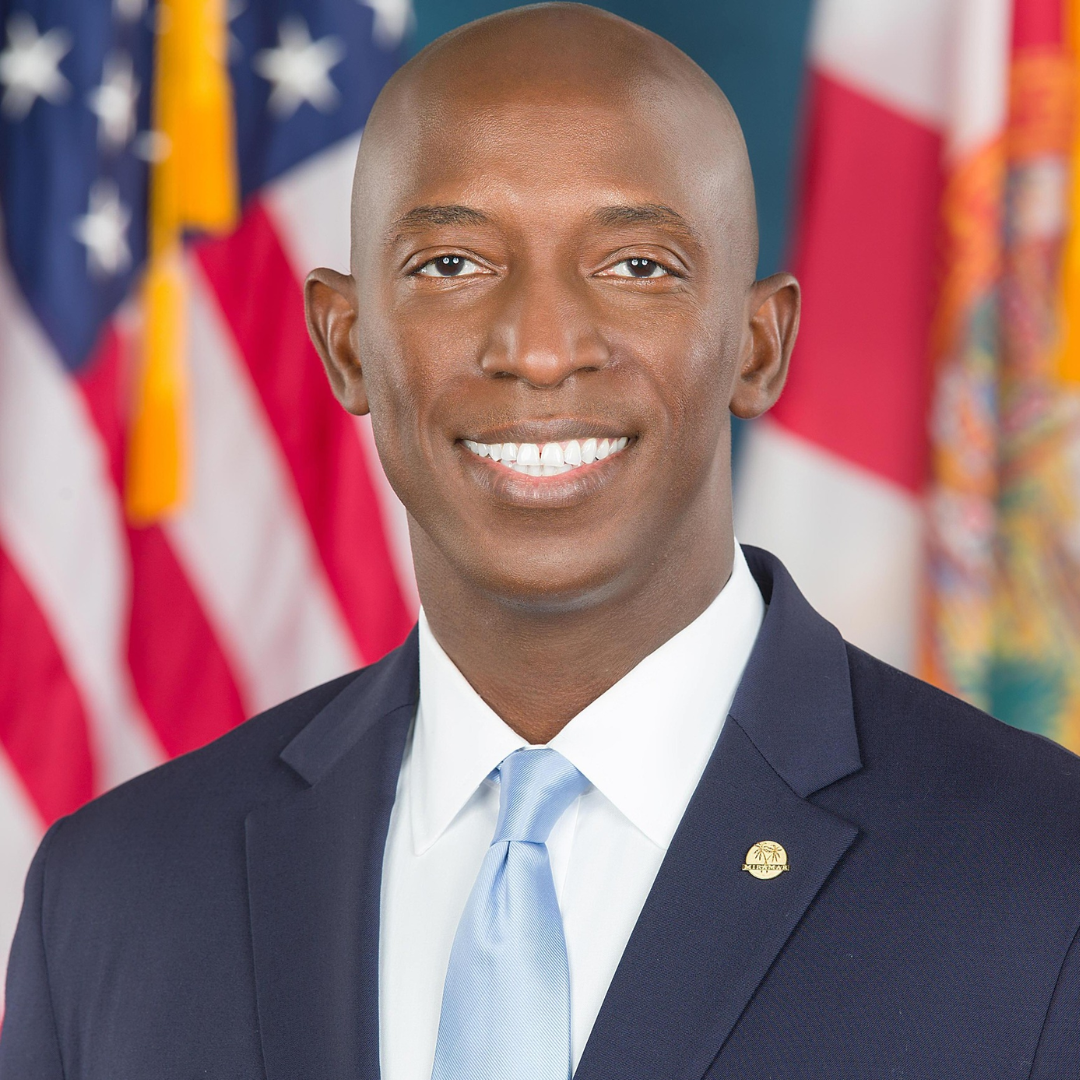On June 3rd, 2024, the U.S. Court of Appeals for the 11th Circuit temporarily suspended an Atlanta-based venture capital firm‘s grant program that was restricted to businesses that are at least 51 percent owned by black women [American Alliance for Equal Rights v. Fearless Fund Management LLC, et al.; 103 F. 4th 765 (11th Cir. 2024)]. The court concluded that Fearless Fund’s Strivers Grant Contest (the contest) violates Section 1981 of the Civil Rights Act prohibition against discrimination in making or enforcing contracts.

Fearless Fund’s (Fearless) mission is to “bridge the gap in venture capital funding for women of color founders building scalable, growth aggressive companies.” The contest offered four winners $20,000 each and digital tools to assist with business growth and mentorship. A panel of three judges were to evaluate the contest winners based on the viability and strength of the business, how the company intends to use the grant, and the potential for business growth. The American Alliance for Equal Rights’ (Alliance) mission is to challenge distinctions and preferences made on the basis of race and ethnicity. The Alliance sued Fearless Fund under a law that prohibits race discrimination in making or enforcing contracts.
The contest’s original rules expressly warned applicants that by entering the contest, they were entering into a contract. In exchange for $20,000, Fearless would obtain the right to use the contestants’ submissions, and the contestant would release and indemnify Fearless for various liabilities. Shortly after the Alliance brought suit, Fearless eliminated the acknowledgment that the contest was a contract, but most rules remained unchanged.
Alliance argued that the contest was an illegal contract because its terms excluded applicants from eligibility based on race. Fearless argued that the Alliance could not sue because the individuals it represented had suffered no injury since they had not entered the contest. Fearless also claimed that the contest is a valid remedial program protected under the First Amendment rather than a contract.
The district court determined that the Alliance could sue and that the contest was a contract rather than a remedial program. However, the court concluded that the contest was expressive conduct under the First Amendment and therefore Alliance was not likely to succeed on the merits and that no irreparable injury had occurred. Therefore, the district court did not authorize injunctive relief.
The U.S. Court of Appeals for the 11th Circuit determined that the Alliance’s suit was likely to succeed for the following reasons:
- Each lost opportunity to enter Fearless’s contest causes an irreparable injury because it prevents applicants from competing, not just for the $20,000 cash prize, but also for Fearless’s ongoing mentorship and the ensuing business opportunities offered.
- Fearless’s burden of removing the race-based criteria from the contest is less than Alliance’s interest in rooting out race discrimination and ensuring racial equality in contracting.
- While the First Amendment protects expressive conduct, it does not protect actions that discriminate on the basis of race.
The court wrote that if the refusal to entertain applications based on race is protected speech, then every act of racial discrimination would also be protected, to the demise of all anti-discrimination laws.
The 11th Circuit Court’s decision directly impacts nonprofits and foundations that make race-based grants in Alabama, Florida, and Georgia. Nationwide, organizations on both sides of the issue expect that nonprofits will need to adapt to the challenges against affirmative action, corporate diversity programs, and race-based preferences.
| Practical Consideration: Stay tuned for the district court’s future decision after the case has been remanded to it. The legal counsel for the defendant said all options are being evaluated to continue fighting the lawsuit. |
© 2024 Thomson Reuters/PPC. All rights reserved.




















